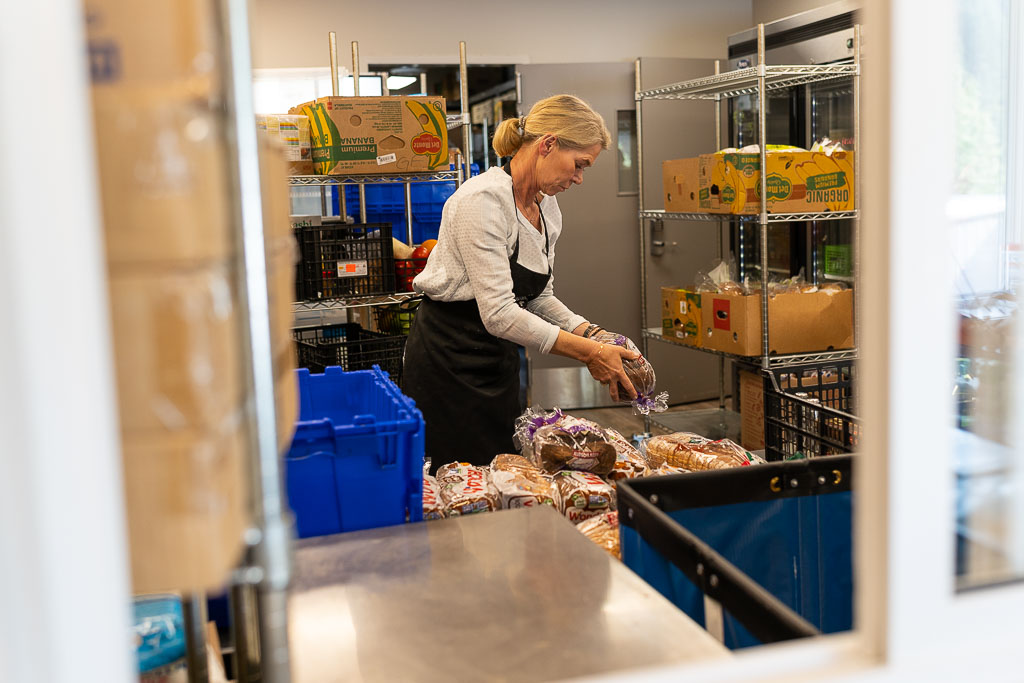Food Waste contributes 8%-10% of global greenhouse emissions while at the same time many people face food insecurity due poverty, climate, conflict & instability, and economic crisis. At WCSS we acknowledge that there are systematic changes that need to be made at a larger scale in order to not perpetuate the same issues we are facing today over and over again. We are also big advocates of being part of the solution and making a difference in the lives of people who face food access challenges while we reduce our carbon footprint. There is more than enough food being produced in the world to feed the entire population, however, due to affordability and systemic injustices this food doesn’t always end up in the hands of people who need it the most. Even in a rich country like Canada, people face food security issues every single day. Here in Whistler, food insecurity is experienced by those who work multiple jobs to handover more than 50% of their income to their housing costs.
According to The Food and Agriculture Organization of the United Nations, 17 percent of 1.3 billion tons of food available to consumers are wasted. Additionally, at a time when Food Waste is also one of the major contributors to climate emergencies. (UNEP 2019) The United Nations Environment Programme’s Food Waste Report 2021 indicates that most of this waste comes from households, which discard 11% of the total food available at the consumption stage of the supply chain. Food services and retail outlets waste 5% and 2% respectively.
Could reducing our food waste help us improve lives and our planet in the meantime? We thinks so…
In 2022, WCSS Food Bank recovered a total of 45,027.48 kg’s of perishable and non-perishable food waste from various grocery stores and food retail businesses while a total of 12,337 visits were made to the Whistler Food Bank in the same year.
Our staff and volunteers who are trained in food safety capture, sort, diverte, recycle and compost. Whatever is not safe for human consumption gets sent to a pig farm in Pemberton.
Do you feel passionate about food waste, climate emergency and how you can make a difference today? Donate at mywcss.org to support our food recovery efforts or apply to Volunteer at mywcss.org
Tips to reduce food waste?
-Plan before you shop.
-Freeze, freeze, freeze!!!
-Learn about Best Before Dates & Expiry Dates.
-Check out your FoodPrint at https://www.earthday.org/foodprints-calculators/
-How to reduce food waste in the home? https://lovefoodhatewaste.ca/about/food-waste/
Food Waste Resources for those who want to dive deeper:
- UNEP 2019 Food Waste Report: https://www.unep.org/news-and-stories/press-release/un-17-all-food-available-consumer-levels-wasted
- Waste Reduction Week Canada: https://wrwcanada.com/en/get-involved/resources/theme-day-resources/food-waste-resources
- World Food & Agriculture Statistical Pocketbook 2022: https://www.fao.org/documents/card/en/c/cc2212en

